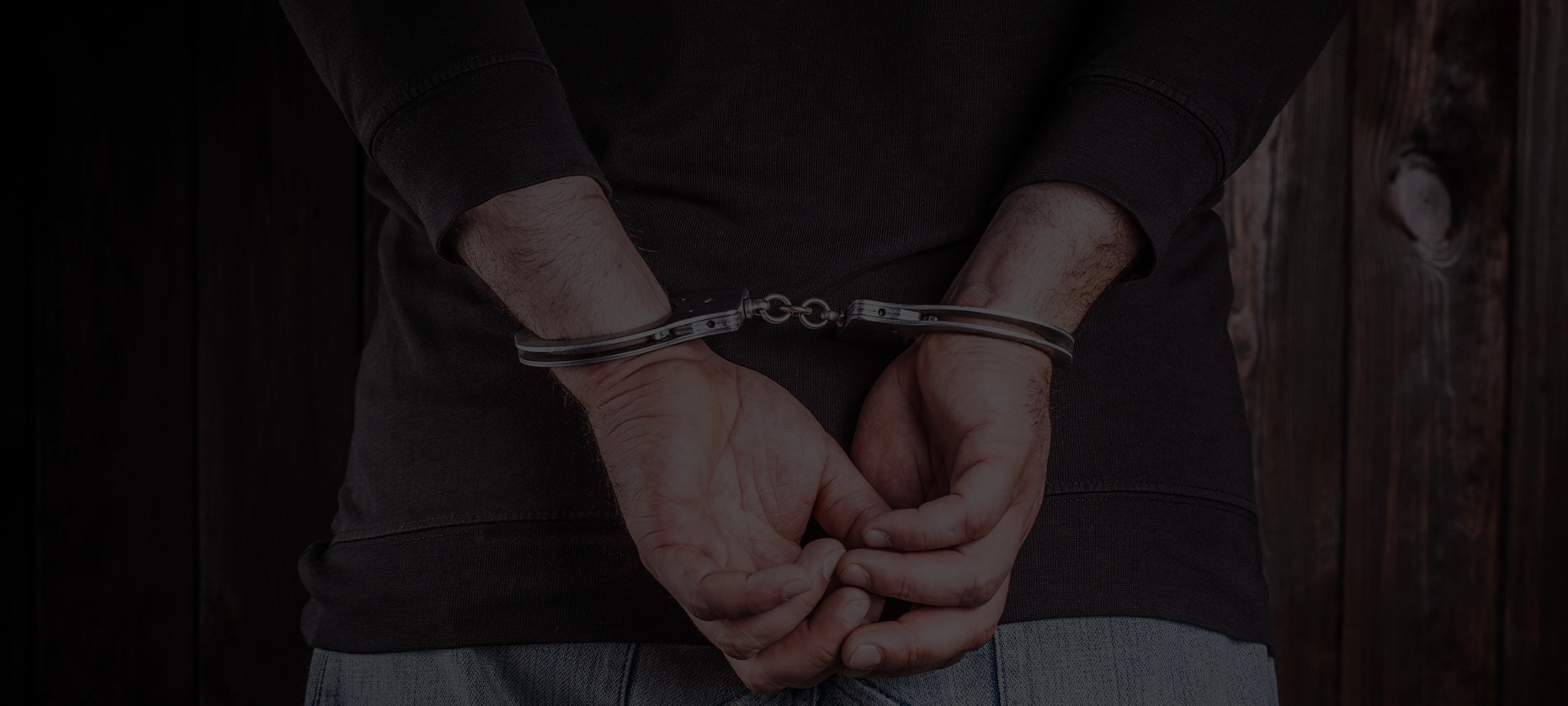Nearly half of the sexual assault cases in Canada are drug-facilitated. This is when the alleged victim of the assault was under the influence of drugs or alcohol at the time of the incident. This makes proving and prosecuting the assault much more challenging.
Here, we’ll talk about the legal implications of drug-facilitated sexual assault in Canada, exploring the challenges associated with these cases from both sides.
The Challenging Nature of Drug-Facilitated Sexual Assault Cases
Sexual assault is listed among the most serious crimes under Canadian law, and depending on the seriousness of the incident, it can be handled as a summary conviction or conviction by indictment. However, for the case to get this far, there are plenty of hurdles to go through, as sexual assault cases are particularly challenging for the prosecution.
There are many misconceptions related to drug-facilitated sexual assault, including the one that those under the influence of drugs and alcohol are more likely to engage in consensual sexual activities, so their credibility when claiming otherwise is questioned.
An expert legal defence can also employ expert witnesses who can testify about the victim’s impaired state of mind based on their toxicology reports. Based on the amendments. 273.1 of the Canadian Criminal Code, consent is when a person voluntarily agrees to participate in sexual activities by affirming their willingness and not rejecting it.
This means that submission, non-resistance or silence (all of which can be a consequence of a drug-induced impaired state) can’t be considered “implied consent”. Furthermore, s.273.2 in the same law asserts that the accused must prove they took reasonable measures to ascertain the other person gave their full consent to the sexual activity that ensued.
However, the stark reality is that due to all the myths and misconceptions, victims of drug-facilitated sexual assault are even less likely to report this crime immediately after it happens.
There is no statute of limitations for sexual assault cases. However, the longer they wait after the incident, the harder it will be to prove their case because more evidence is lost during the process. Without concrete physical evidence, the prosecution can only rely on the accuser’s recollection. This makes proving the case beyond a reasonable doubt all the more difficult.
Proving Drug-Facilitated Sexual Assault
To prove drug-facilitated sexual assault, the prosecution may take measures such as ensuring a thorough investigation is followed through. This implies taking the alleged victims’ urine and blood samples at the earliest opportunity to prove they had drugs in their system. Some drugs metabolize in as little as 24 hours, so time is truly of the essence.
The next point of investigation is learning who supplied the food and drinks the accuser consumed. In most drug-facilitated sexual assault cases, the victims were drugged through the drinks provided by the perpetrator.
Witness testimony from eventual witnesses who were near the victim before the incident and can testify about the victim’s state of mind can also serve as proof in the prosecution’s case. Evidence, such as empty bottles which may contain drug residue, should also be collected whenever possible.
Next, the victim’s physical state (lack of rearranged clothes, unexplained injuries, etc.) should be considered. Video and photographic evidence from just before the incident can help ascertain whether the alleged victim incurred these changes during the assault. It might also help assess the impairment. Also, both parties might have used social media before the incident and left evidence there as well.

Reporting the Assault
It’s evident that willingness to report the crime in time plays a crucial role in collecting all the abovementioned evidence.
Victims of drug-facilitated sexual assault may not remember the full extent of the incident or be ashamed and blame themselves for putting themselves in a risky situation. However, by reporting even a suspicion of the assault, they are more likely to see their attacker be charged, prosecuted, and convicted of the crime.
Reporting sexual assault can be equally traumatizing. However, answering the investigator’s questions to the best of their ability is critical in these cases. For example, questions like, “How fast do they start to feel bad or lose consciousness?” may seem confusing to the alleged victims but can give a hint to the investigators as to what type of substance was used and how impaired the alleged victim may have been during the incident.
Preparing for the Trial
Even if the alleged victim reports a crime and later wishes not to proceed with the process, the prosecution can still decide to raise the charges given sufficient evidence and the consideration of public interest.
Accusers and witnesses supporting the allegations have the right to seek support and appropriate handling of their case. Appropriate referrals often alleviate the concerns the victims may have about continuing to seek justice for themselves.
Moreover, prosecutors assigned to drug-facilitated sexual assault cases are trained in recognizing specific behaviour in both victims and accused, which indicates the assault did happen. While preparing for the trial, the prosecution can also gather statements from independent expert witnesses, who can present facts in an impartial manner.

Final Thoughts
Drug-facilitated sexual assault is the most challenging type of assault to prove. Drugs impair memory, which can often be used by the defence to claim that the other party gave consent but doesn’t remember it.
If the incident isn’t reported early, then evidence can be lost, and the chances of a conviction become less likely. If you’re in need of expert legal advice or getting a consultation on your case, then contact AGP LLP today, and we’ll be more than happy to help.





